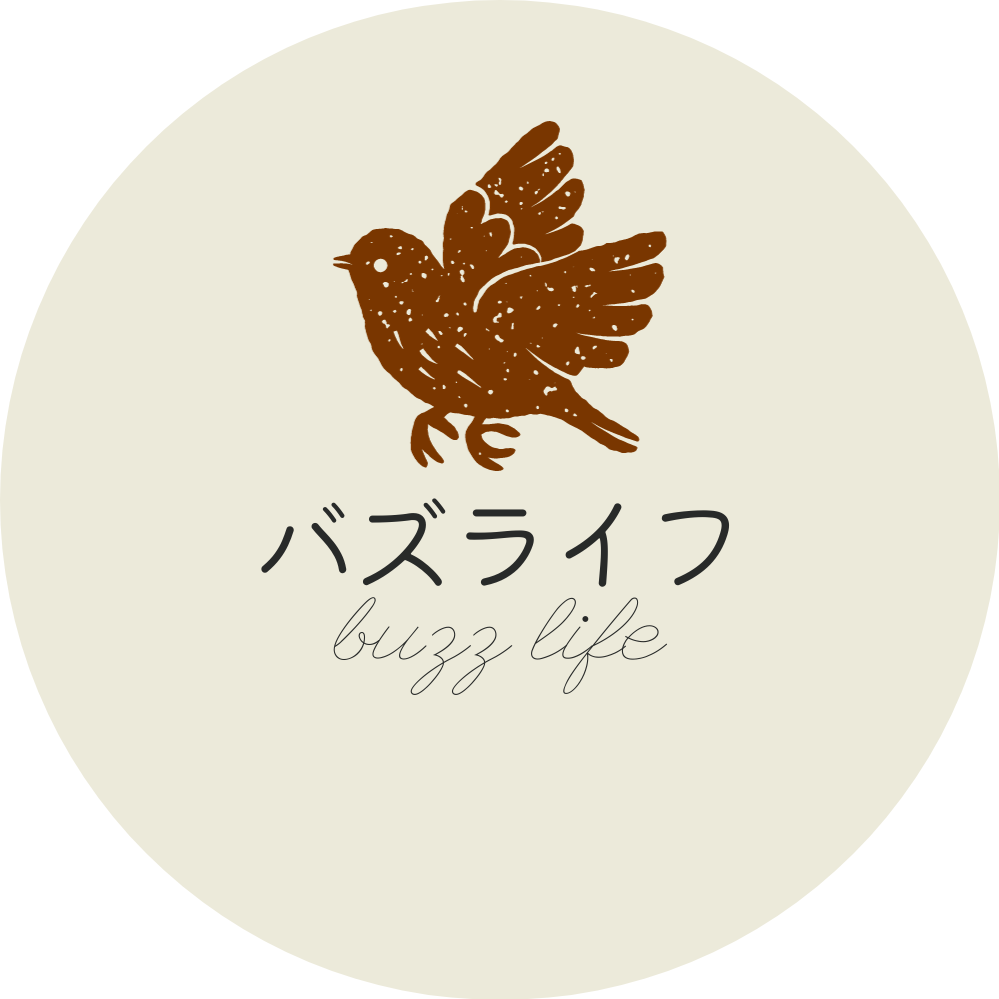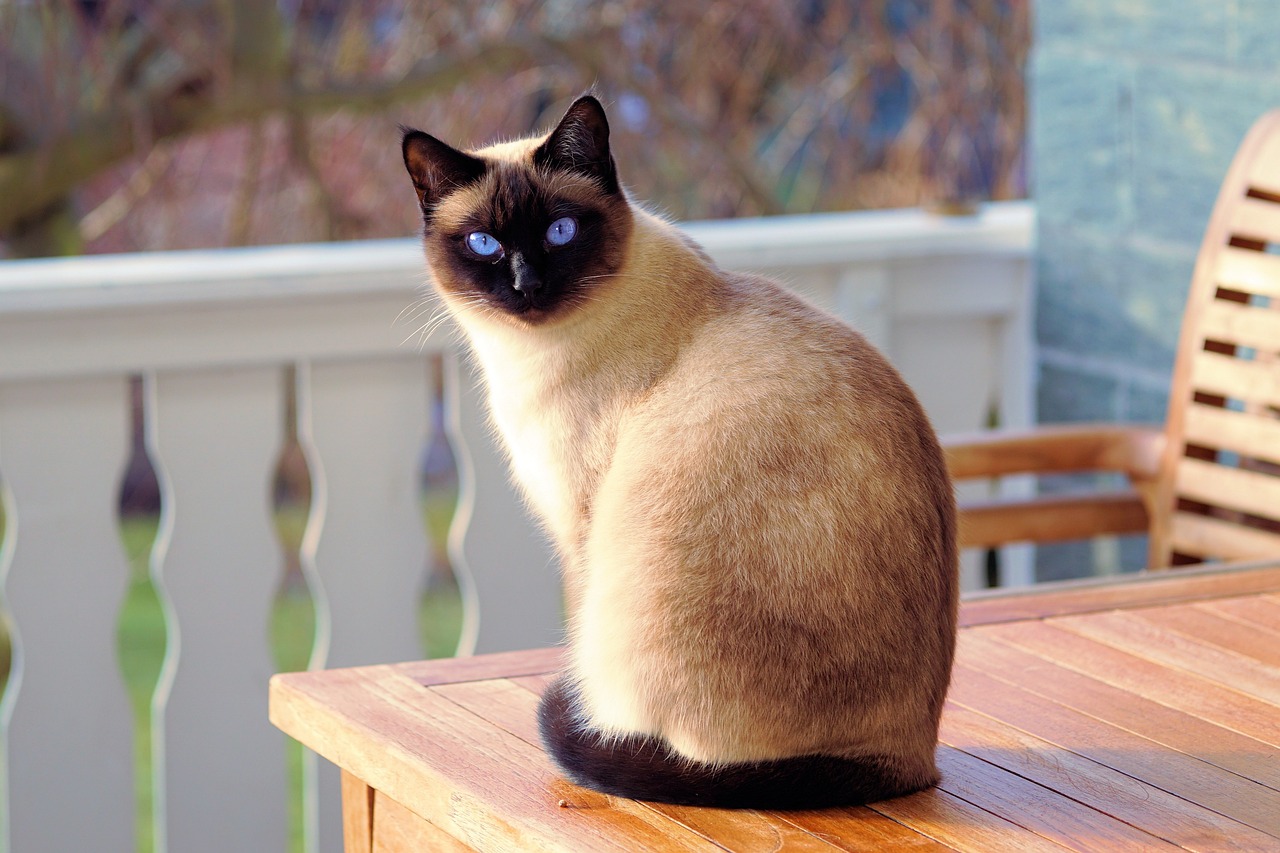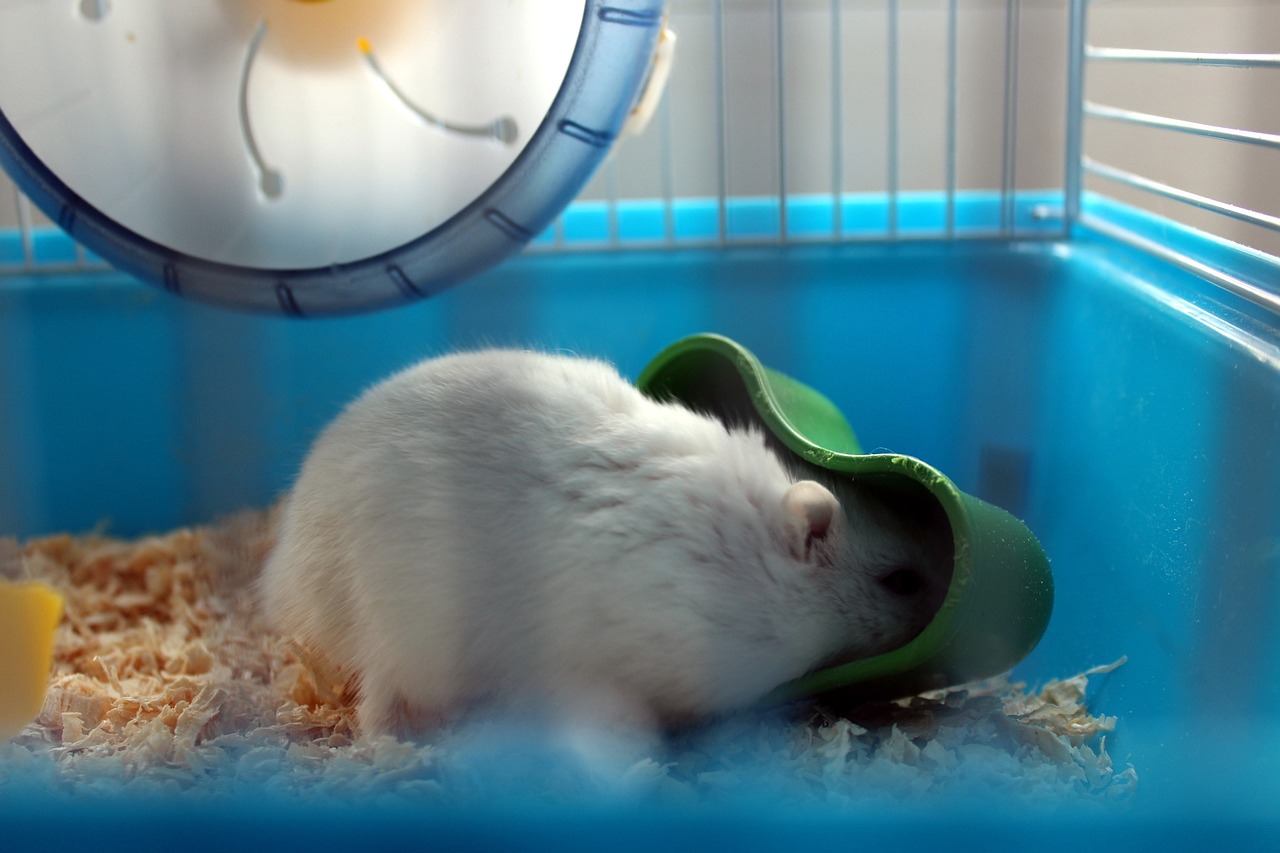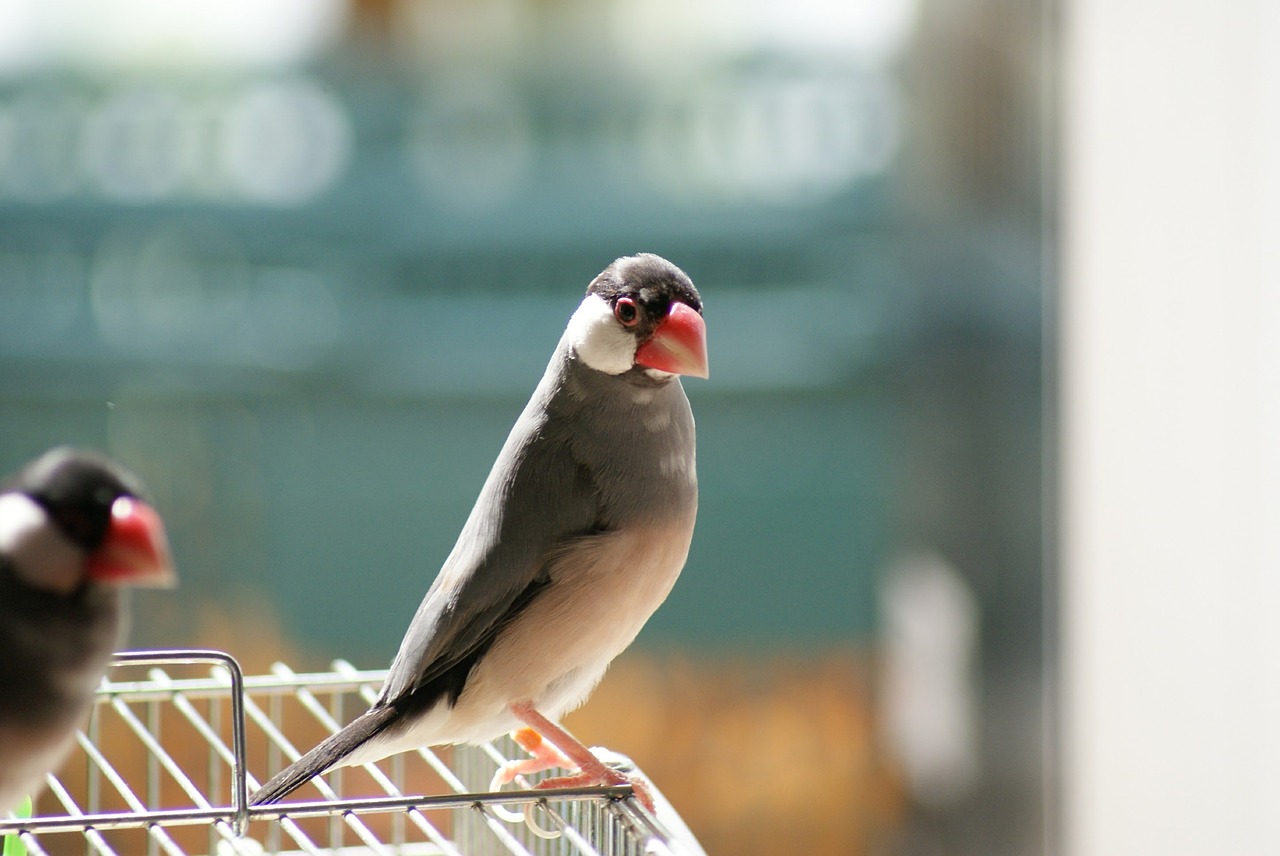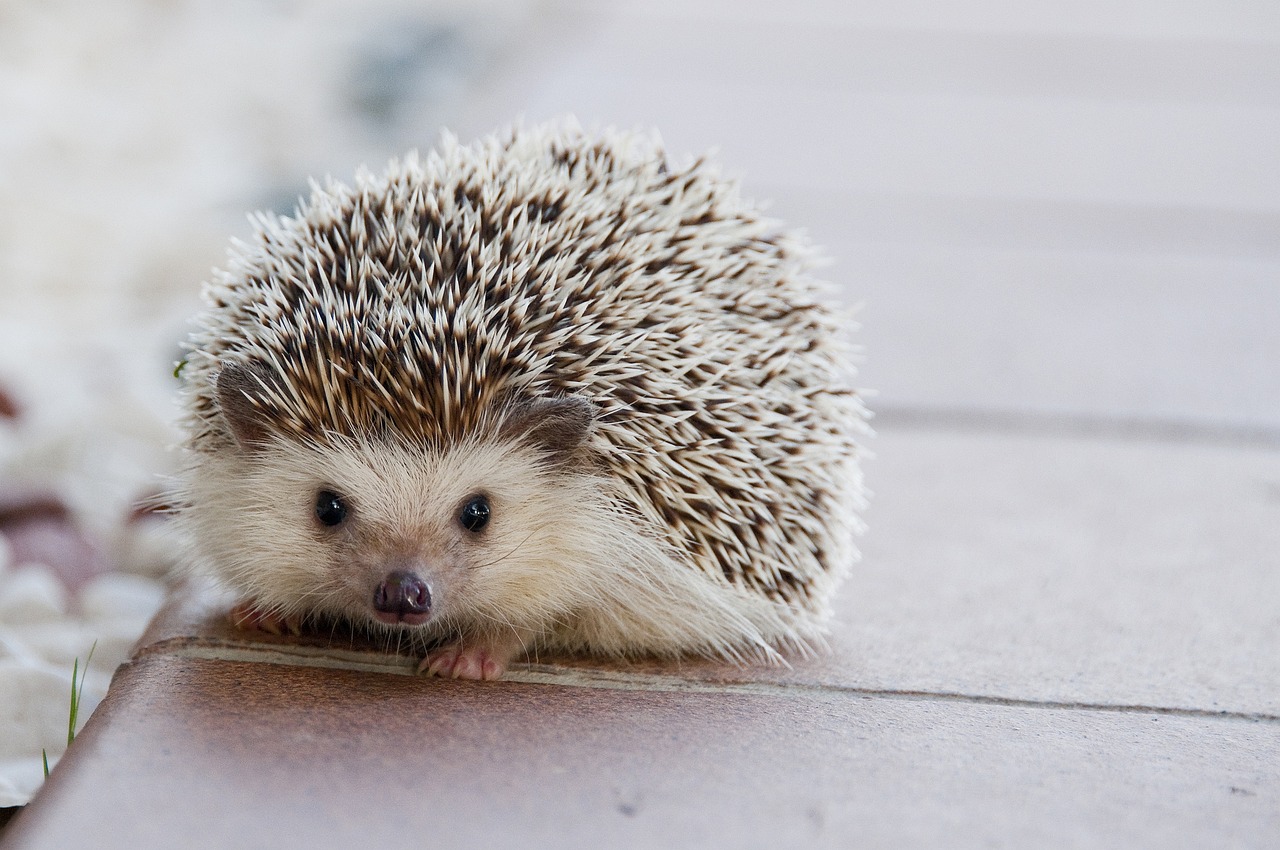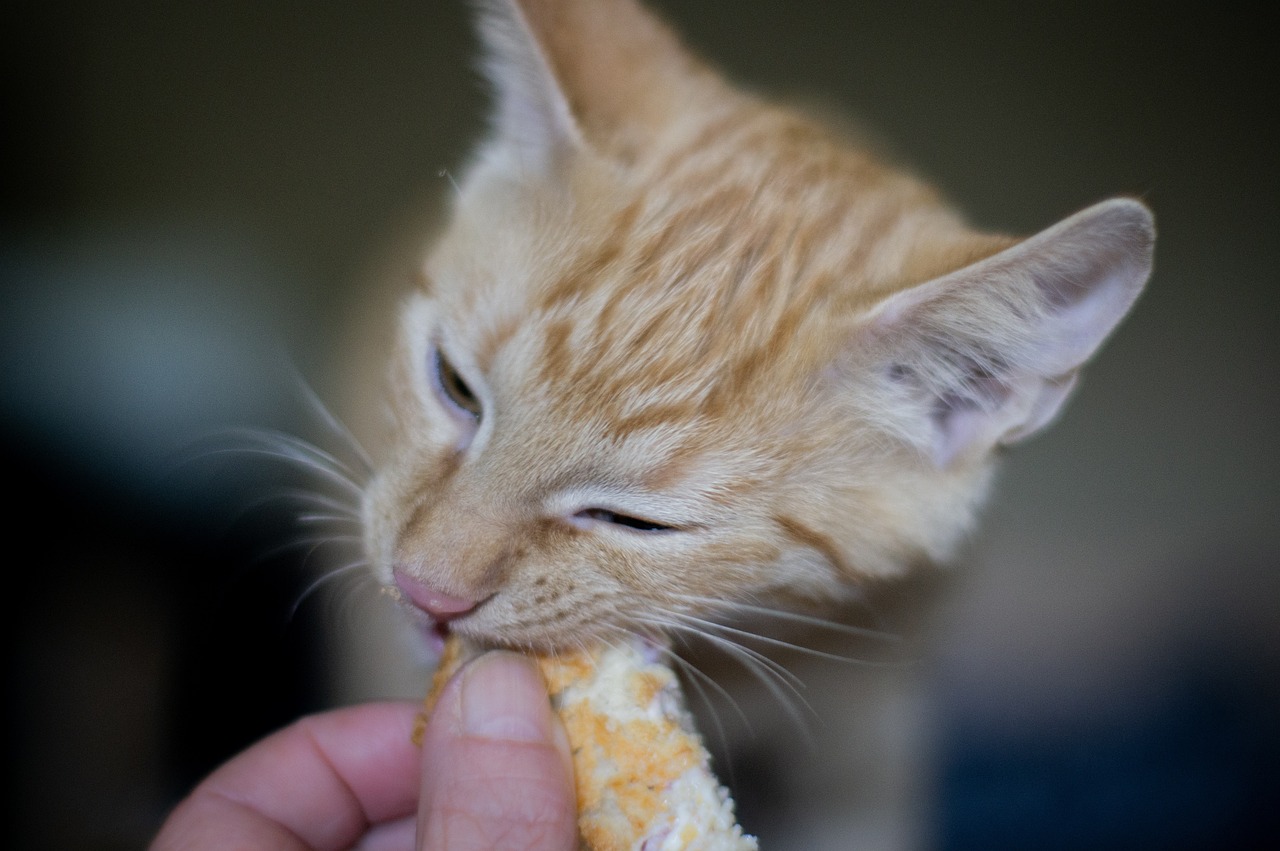For Beginners: Recipe Guide to Homemade Food for Senior Cats
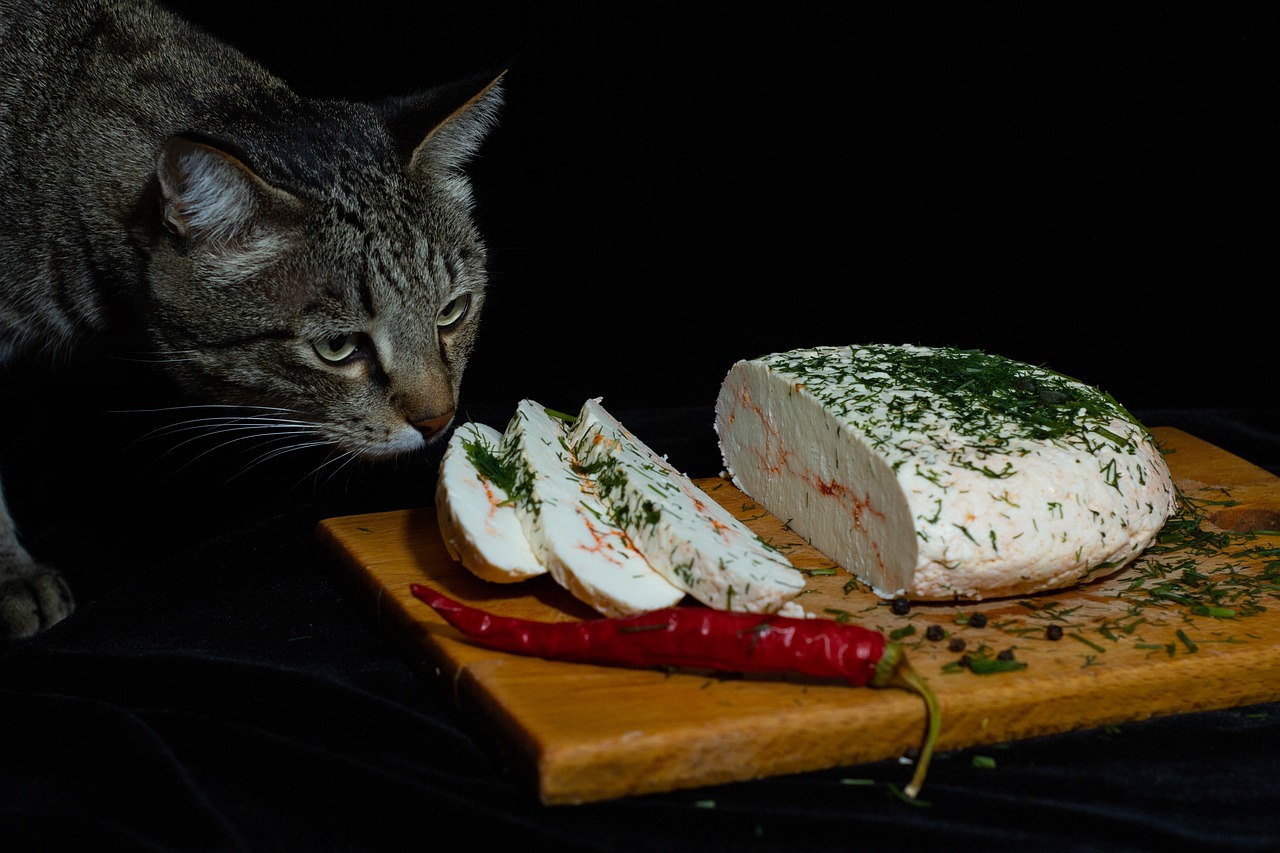
Introduction
As cats age, their dietary needs evolve significantly. Senior cats, typically those over the age of seven, require specialized nutrition to maintain their health and vitality. The benefits of homemade food for senior cats are numerous, including the ability to tailor ingredients to meet specific nutritional needs and preferences, which can enhance their overall well-being and potentially extend their lifespan. This article aims to educate pet owners on the unique nutritional requirements of senior cats and how homemade meals can be both a nourishing and enjoyable addition to their daily care. By understanding these principles, you can help ensure your aging feline friend remains happy and healthy in their later years.
Senior Cat Nutrition
Nutritional Needs and Their Changes
As cats grow older, their metabolism slows down, which often leads to decreased activity levels and energy needs. However, this does not necessarily mean they require less protein. In fact, senior cats may need more protein than their younger counterparts to help maintain muscle mass and support a healthy immune system. Adjusting their diet to include high-quality protein sources that are easy to digest is crucial.
Additionally, senior cats can develop sensitivities to certain foods, making it important to focus on diets that are not only high in nutrients but also gentle on the stomach. This may involve reducing the amount of raw foods which can be harder to digest and increasing cooked or lightly processed foods that are easier for a senior cat to handle.
Essential Nutrients and Their Impact on Health
- Protein: High-quality protein is vital for preserving muscle mass in senior cats. Sources like cooked chicken, turkey, and lean beef are excellent choices.
- Fats: While it’s important to manage fat intake to prevent obesity, healthy fats are necessary for energy and supporting cell function. Omega-3 fatty acids, found in fish oil, are particularly beneficial for joint health and cognitive function.
- Vitamins and Minerals: Vitamins A, E, and B complex are essential for maintaining healthy skin, vision, and nerve function. Minerals like calcium and phosphorus help support bone health, which is crucial for aging cats.
- Fiber: A moderate amount of fiber can help manage gastrointestinal health, which can be a common issue in senior cats. It aids in digestion and helps prevent constipation.
Adjusting Diet for Specific Health Issues
- Kidney Disease: A common ailment in older cats, kidney disease requires a diet low in phosphorus and protein, but the protein included should be of high quality. Increasing water intake is also crucial, which can be facilitated by serving wet homemade foods.
- Arthritis: For cats suffering from arthritis, omega-3 fatty acids from sources like fish oil can be beneficial due to their anti-inflammatory properties. Also, maintaining a healthy weight can alleviate pressure on joints.
Creating a diet tailored to the needs of a senior cat not only addresses these specific health concerns but also enhances the cat’s overall quality of life. By understanding and implementing these dietary fundamentals, pet owners can significantly impact the health and happiness of their senior feline companions.
Basic Ingredients for Homemade Cat Food and How to Choose Them
Choosing Safe and Appropriate Ingredients
When preparing homemade food for senior cats, it’s crucial to select ingredients that are safe and beneficial for their health. High-quality, human-grade meats and other components should be chosen to ensure your cat receives the best nutrition possible.
Ingredients to Avoid and Why
Certain foods that are perfectly safe for humans can be harmful to cats and should always be avoided. These include:
- Onions and Garlic: These can cause anemia in cats by breaking down their red blood cells.
- Chocolate and Caffeine: These contain substances that can be toxic to cats.
- Grapes and Raisins: Known to cause kidney failure in some cats.
- Alcohol and Raw Dough: These can be poisonous to cats.
- Bones: Cooked bones can splinter and cause internal damage or blockages.
Suitable Ingredients for Senior Cats
A list of senior cat-friendly ingredients includes:
- Lean Meats: Chicken, turkey, lean beef, and lamb are excellent protein sources.
- Fish: Cooked salmon or mackerel can provide omega-3 fatty acids beneficial for joint health.
- Carbohydrates: Small amounts of rice or oatmeal can be added for fiber.
- Vegetables: Cooked or pureed pumpkin, carrots, and peas are good for fiber and vitamins.
- Supplements: Depending on your cat’s specific needs, you might add taurine, fish oil, or glucosamine supplements.
Basics of Homemade Cat Food Recipes
Basic Recipe Preparation
The fundamental approach to creating homemade cat food involves choosing a protein source, a carbohydrate source, and a fiber source, balancing them to create a nutritious meal. Here are basic recipes using different protein bases:
- Chicken-Based: Cooked, boneless chicken breast, mashed carrots, and rice. Ensure all bones are removed to prevent choking.
- Beef-Based: Lean ground beef, cooked through, with small amounts of oatmeal and mashed peas for fiber.
- Fish-Based: Steamed mackerel or salmon, carefully deboned, served with a small portion of pureed pumpkin for digestive health.
Customizing Recipes Based on Health Conditions
Adjusting recipes according to the health needs of your senior cat is essential. For instance:
- For Kidney Disease: Reduce phosphorus by avoiding high-phosphorus meats like organ meats. Opt for high-quality protein in smaller quantities and increase non-protein calories through fats and carbohydrates.
- For Arthritis: Incorporate omega-3 fatty acids like those from fish oils, which help reduce inflammation and maintain joint health.
- For Weight Management: Increase fiber and reduce fat in recipes to help manage obesity, a common issue in less active senior cats.
These basic guidelines and recipes provide a starting point for pet owners looking to prepare homemade meals for their senior cats. Tailoring the diet to the cat’s specific health needs can significantly enhance their quality of life in their later years.
Step-by-Step: Simple Recipes for Senior Cats
Recipe 1: Kidney Support Chicken Dinner
Ingredients:
- 100 grams of cooked chicken breast (boneless and skinless)
- 50 grams of cooked carrots, mashed
- 30 grams of cooked white rice
- A pinch of salt-free seasoning
Cooking Steps:
- Boil the chicken breast until fully cooked, then chop finely or shred.
- Steam the carrots until soft, then mash.
- Cook the white rice until it is soft.
- Mix all ingredients in a bowl, ensuring the mixture is evenly distributed.
- Serve at room temperature to make it more palatable for your cat.
Serving Method:
- Serve this kidney-friendly meal once a day as part of a balanced diet, ensuring adequate hydration.
Recipe 2: Joint Care Fish Dish
Ingredients:
- 100 grams of steamed salmon (boneless)
- 50 grams of steamed pumpkin, pureed
- A supplement of fish oil (consult your vet for the right dosage)
Cooking Steps:
- Steam the salmon thoroughly and ensure all bones are removed.
- Steam the pumpkin until soft, then blend into a puree.
- Mix the salmon and pumpkin puree in a bowl and add the fish oil.
- Ensure the mixture is cool before serving.
Serving Method:
- This dish can be served 2-3 times a week to help maintain joint health, complementing a diet that meets other nutritional needs.
Recipe 3: High Fiber Beef Stew
Ingredients:
- 100 grams of lean ground beef
- 50 grams of cooked peas
- 50 grams of cooked sweet potatoes, mashed
- A sprinkle of ground flaxseed
Cooking Steps:
- Cook the ground beef thoroughly until no pink remains.
- Cook peas and sweet potatoes separately until tender. Mash the sweet potatoes.
- Mix beef, peas, and sweet potatoes in a bowl. Add ground flaxseed for an extra fiber boost.
- Cool the stew to room temperature before serving.
Serving Method:
- Serve this high-fiber meal once or twice a week, depending on your cat’s digestive needs.
Frequently Asked Questions (FAQ)
Q1: How often should I feed my senior cat homemade meals?
- A: Senior cats should have consistent meal times, and homemade meals can be given daily as part of a balanced diet. However, it’s important to consult with your vet to tailor the meal frequency and portion sizes to your cat’s specific health conditions and nutritional needs.
Q2: How can I adjust homemade food for a cat with diabetes?
- A: For cats with diabetes, it’s important to control carbohydrates and focus on high-protein, low-carb meals. Always consult with a vet to adjust meals properly, considering the insulin requirements and blood glucose levels.
Q3: What is the best way to transition my cat to homemade food?
- A: Transition your cat slowly by mixing homemade food with their current cat food, gradually increasing the proportion of homemade food over the course of several weeks. This helps prevent digestive upset and allows your cat to adjust to the new flavors and textures.
Conclusion and Next Steps
Summary of Key Points
This article has covered the essential aspects of preparing homemade food for senior cats, highlighting the importance of tailoring diets to accommodate their changing nutritional needs. We’ve explored:
- The nutritional adjustments necessary for aging cats, focusing on high-quality proteins, reduced phosphorus for kidney health, and increased omega-3 fatty acids for joint care.
- Safe and appropriate ingredients, along with those that should be avoided to prevent health issues.
- Simple, health-supportive recipes specifically designed for senior cats with common age-related conditions such as kidney disease, arthritis, and issues requiring high-fiber diets.
The Importance of Regular Evaluation
Regular evaluation of your senior cat’s diet is crucial. As cats age, their health status can change rapidly, and their diet may need to be adjusted accordingly. Regular check-ups with a veterinarian can help ensure that your cat’s nutritional needs are being met and can help you catch and manage any new health issues early. These evaluations should include:
- Monitoring weight and body condition to adjust caloric intake as needed.
- Regular blood work to check organ function and health status.
- Adjustments in diet based on veterinary recommendations to address any new or worsening health conditions.
Next Steps
- Consult with Your Veterinarian: Before making any changes to your cat’s diet, it’s important to discuss them with a veterinarian who can provide guidance based on your cat’s specific health needs.
- Start Small: If you decide to introduce homemade food, begin with small amounts to assess your cat’s acceptance and physical reaction to the new diet.
- Monitor and Adjust: Continuously observe your cat’s health and adjust the diet as needed. This might mean tweaking ingredients or serving sizes to better suit their needs.
- Stay Informed: Nutritional research and veterinary practices evolve, so staying informed about the latest in cat health and nutrition will help you make the best choices for your senior cat.
By following these guidelines, you can enhance your senior cat’s quality of life through thoughtful, personalized nutrition, keeping them happy and healthy in their golden years.
